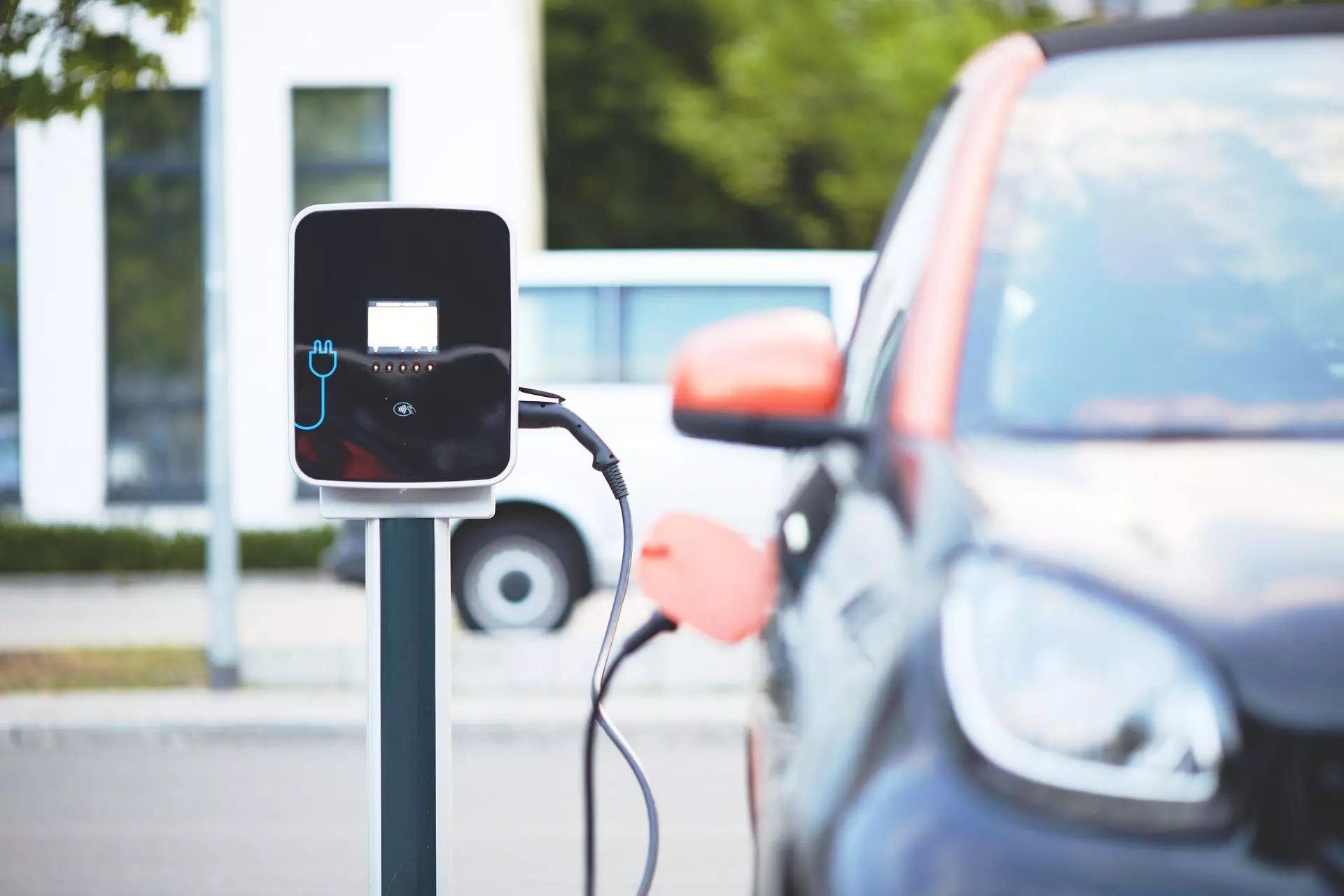In regions like Florida, where hurricanes and severe weather are all too common, the significance of electric vehicles (EVs) and the charging infrastructure that supports them has surged into the spotlight. A recent study from the University of Florida (UF) sheds light on the pressing need for enhanced resilience of EV charging services amidst these chaotic weather events. This research not only uncovers the vulnerabilities in the current system but also emphasizes the proactive measures necessary to strengthen it.
Hurricanes bring with them a host of challenges, particularly for public services that rely on accessible infrastructure. As high winds and flooding wreak havoc, the balance between supply and demand for essential services like charging stations becomes increasingly precarious. The study conducted by UF’s College of Design, Construction, and Planning articulates this reality, highlighting how damaged infrastructure can lead to restricted access to EV charging during emergencies.
The research team, led by Dr. Yan Wang, stresses that the resilience of EV charging networks is contingent not only on their physical durability but also on the socioeconomic landscape surrounding them. How quickly and effectively these charging facilities can rebound from disruptions hinges on their integration within the community fabric. Proactive planning and adaptive strategies are thus indispensable for ensuring ongoing service availability even amidst environmental catastrophes.
To combat the challenges posed by extreme weather, UF researchers propose innovative strategies that leverage advanced modeling techniques. The study emphasizes the importance of scenario planning, where researchers explore hypothetical ‘what-if’ conditions to enhance preparedness. As Dr. Wang suggests, this approach can illuminate the factors that influence delays in recovery and service maintenance during extreme events.
Collaboration is key in these endeavors. Researchers, including Ruth Steiner, Ph.D., and doctoral candidate Ziyi Guo, have collaborated on examining Hurricane Ian’s aftermath in the Tampa Bay region. Their analysis reveals a critical insight: charging stations that are part of well-connected networks recover more quickly and maintain service continuity better than isolated facilities. This underscores the need for a robust network of charging stations designed with resilience in mind.
One of the study’s striking revelations is the disparity in access to charging infrastructure. The research indicated that the burdens of inequitable access disproportionately affect vulnerable populations, particularly older individuals and those with lower incomes. These groups often face additional hurdles during weather emergencies, compounding the challenges they encounter in everyday life.
Dr. Guo’s observations point out that proximity to charging facilities is not sufficient. Those residing in rural areas may find themselves distanced from support services even if their immediate surroundings are unaffected by flooding. The implications of such inequities call for an urgent re-evaluation of charging infrastructure deployment strategies to ensure that all demographics share equally in the benefits of transitioning to electric mobility.
In light of these findings, the researchers have developed a counterfactual analytical framework employing multi-agent-based models. These models simulate worst-case hurricane scenarios to better inform future infrastructure planning. The goal is to foresee potential weaknesses in current systems and enhance charging station resilience through data-driven insights.
Dr. Wang notes that their research amplifies previous findings, which argue that the uneven distribution of charging stations hampers electric vehicle adoption and escalates social inequalities. The pressing call of the study is for an equitable planning approach that assures all communities, especially those at higher risk, can adapt to the digital shift towards electric mobility.
While the study reflects on coastal regions, its implications are broad and applicable to various urban centers, including Gainesville. The methodologies developed by the team promise versatility, enabling customization for diverse contexts. As Dr. Guo suggests, using this information could lead to swift predictions and actionable improvements in resilience frameworks that benefit local communities.
Overall, as Florida continues to grapple with the fallout from nature’s unpredictable fury, integrating advanced modeling and proactive infrastructure strategies will be crucial. Such measures can greatly bolster the resilience of EV charging services, ensuring all communities are better equipped to weather future storms. The ongoing research and collaboration led by UF’s experts pave the way for a more resilient and equitable future in electric vehicle infrastructure, symbolizing a significant stride towards sustainable mobility and community welfare amidst climate challenges.


Leave a Reply